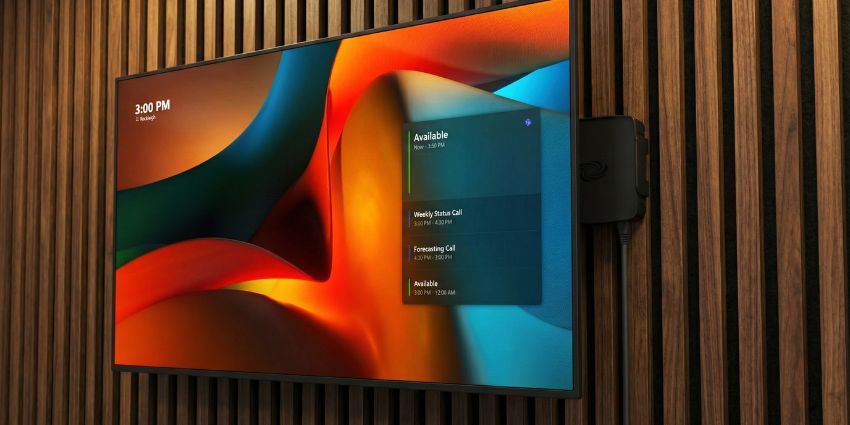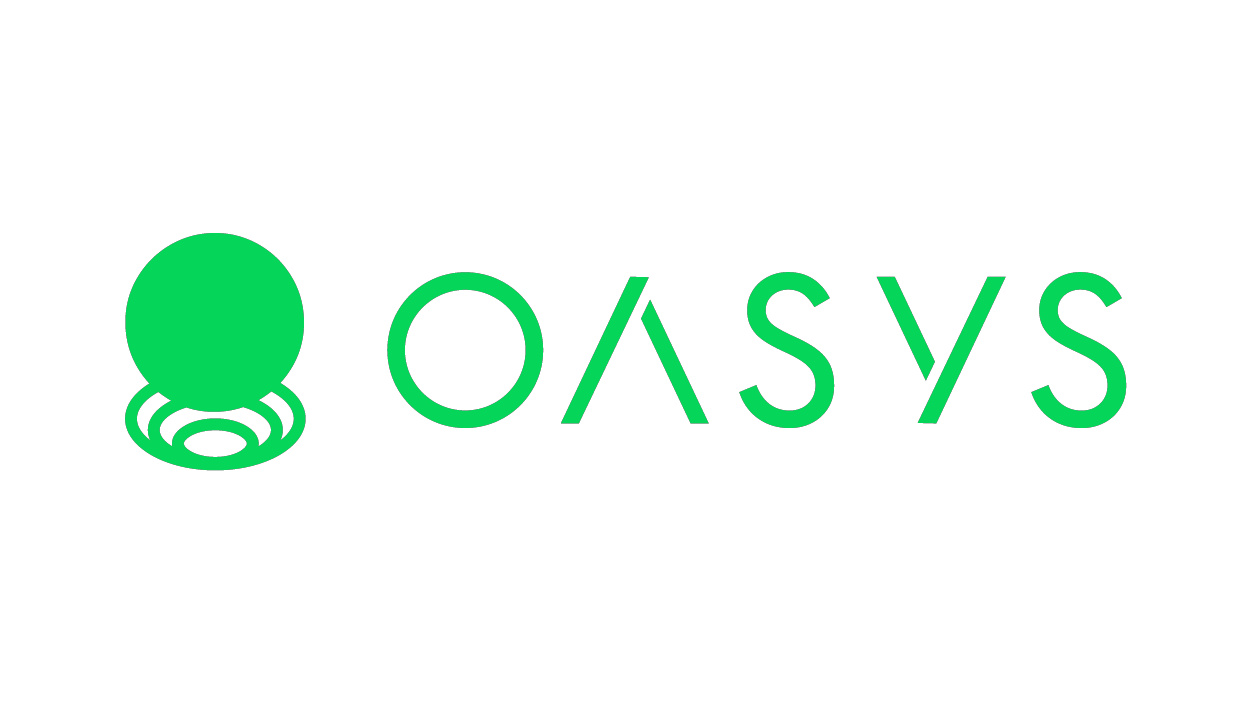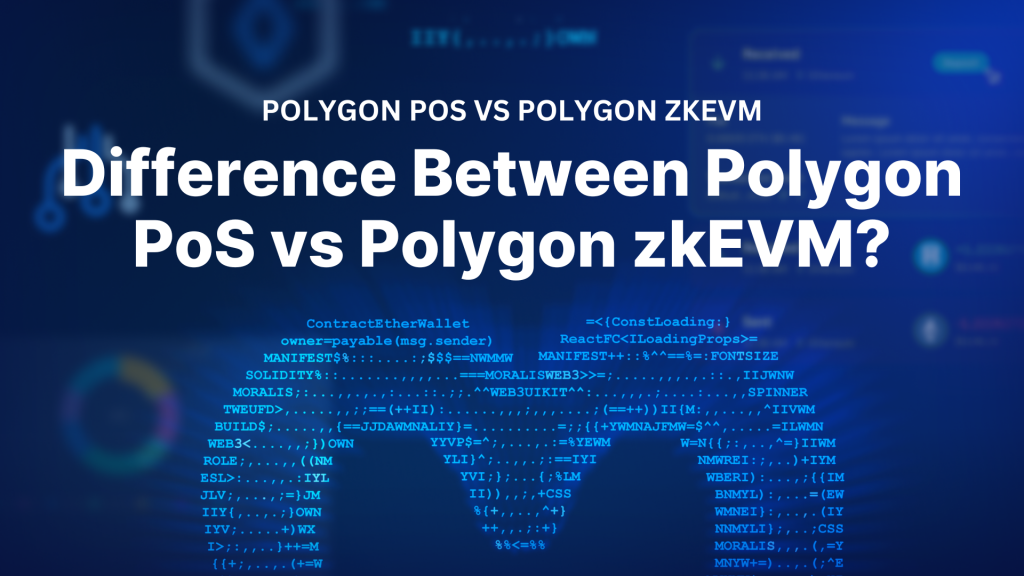The worldwide pandemic catalyzed a shift to distant communication, pushing each private {and professional} features of our lives into the digital realm. Naturally, this shift affected human connection in unprecedented manners, together with the transfer to distant training, digital gatherings, and a lower in accessibility for all, forcing us to search out new methods to speak and perform common features in our day by day lives.
Negatives apart, these challenges have coincided with thrilling improvements, together with the formal introduction of the metaverse, a increase in synthetic intelligence, and developments in digital actuality and augmented actuality.
The metaverse we all know as we speak isn’t a wholly new idea, however somewhat an concept that has existed and advanced because the early days of Web2. Creating and increasing upon a digital platform that might permit for revolutionized communication has been the objective of a number of innovators for many years. With growing curiosity in Web3 applied sciences, we proceed to see a rise in urge for food for immersive, digitized communication as we pivot in the direction of the way forward for the web.
Evolution of the metaverse
Launched in 2003, Second Life is a web based multi-media platform that many now confer with because the world’s first metaverse platform. What differentiated it from its counterparts was its embodiment of a number of social media-like options into its platform. Whereas Second Life did go on to attain some success, it was tailor-made towards the gaming group. Regardless of that, it served as an important entry level into what we now know because the metaverse, drawing individuals throughout age teams and corners around the globe.
Second Life reveals that the attraction of those immersive applied sciences existed many years in the past and that these applied sciences provide immense potential to foster significant connections, improve social interactions, and bridge geographical and cultural divides. The place Web2 applied sciences laid the inspiration for a worldwide village, the metaverse and different Web3 applied sciences search to additional immerse us on this interconnected society.
One other instance of how digital worlds have advanced is Decentraland, launched as a proof of idea to show digital possession. This pivot into the world of Web3 demonstrated that customers didn’t solely need to have a digital persona however to additionally uniquely differentiate themselves from different customers with digital possession of commodities and land.
Nevertheless, whereas platforms like Decentraland have allowed for the combination of blockchain right into a digital social platform, they haven’t been profitable in growing their person base. To keep away from related outcomes, new and present corporations are repeatedly in search of new methods to extend exercise on their platforms whereas discovering the suitable steadiness of accelerating immersion with out lowering accessibility.
Rising immersion and accessibility
To additional combine the person right into a metaverse, builders have taken to increasing the media by which a person can entry its platforms, together with cell phones, laptops and next-generation {hardware} together with digital actuality headsets.
Augmented actuality and digital actuality applied sciences allow people to share immersive experiences, collaborate remotely, and talk in methods beforehand unimaginable. From interactive digital conferences to shared AR environments, combined realities open novel avenues for collaboration. These developments can enhance productiveness, stimulate innovation, and dismantle the boundaries erected by distance.
Deloitte’s 2023 Digital Media Tendencies examine discovered that Gen Zs and Millennials usually tend to embrace newer {hardware}, together with VR headsets, for a spread of experiences than extra senior age teams. The identical examine discovered that about 50% of Gen Zs and Millennials discover on-line experiences to be significant replacements for in-person experiences, and 40% socialize extra by video video games than within the bodily world.
With steady developments in VR {hardware}, together with the anticipated Apple Imaginative and prescient Professional set to launch in 2024, there’s a robust potential for an upsurge in VR content material manufacturing and its broader adoption throughout completely different generations within the coming months.
The amalgamation of the applied sciences’ use instances within the metaverse will entice extra individuals to leverage the completely different {hardware} and software program to attach with friends, lowering a generational divide and serving to enhance an understanding amongst completely different age teams.
New makes use of for digital worlds
The evolving panorama of the metaverse provides the power for customers to navigate digital venues, reminiscent of artwork galleries, alongside distant associates and households. The shift towards digital accessibility transcends geographical limitations and expands the attain of once-exclusive in-person encounters. This accessibility may also create new income streams and monetization for rising artists.
Moreover, the shortcoming to fulfill with relations, associates and colleagues who might endure from sickness or disabilities that forestall them from leaving their properties in the actual world may considerably lower.
Making a extra accessible atmosphere through the metaverse ensures a rise in compassion, empathy and inclusion for customers within the bodily world.
One other nice use case the metaverse gives is lowering the boundaries to training. Whereas many faculties have shifted to distant training, it has confirmed to be a failure for a lot of. Including within the metaverse as a part may additional immerse college students and educators to permit for a more practical education consequence.
Using the metaverse to extend the completely different avenues to entry training will revolutionize how the standard system has regarded and functioned all through the twenty first century. Homeschooling, tutoring and distant training may doubtlessly now not really feel as distant.
Synthetic intelligence enhancing expertise
Whereas the metaverse provides a large amount of alternatives to immerse its customers, it’s clear that it alone can not present its experiences to the plenty with out the required applied sciences that form it. Among the many helpful developments in expertise is incorporating synthetic intelligence applied sciences to bolster the person expertise.
Synthetic intelligence can be utilized to bolster the human expertise within the digital world, even going as far as to supply customers the choice of caring for an AI pet. For each former and present pet house owners, this could present customers the chance to create reminiscences with immortalized animal companions — complementing the expertise of caring for a pet in the actual world.
Because it stands, generative AI applied sciences proceed to advance so long as customers proceed to offer their enter and preferences. When combining a rising variety of metaverse customers with built-in AI expertise, experiences will turn out to be extra tailor-made to customers whereas eliminating legwork on the platform developer’s finish. Thus, the variety of options provided will enhance all whereas being supplied in a shorter period of time.
Future with out borders
By studying about human wishes, the combination of AI and different Web3-focused applied sciences can evolve the metaverse to offer sensations that extra carefully mimic real-world experiences. This evolution contains making a platform that enhances customers’ real-life wishes and advancing the combination of metaverse platforms with different applied sciences in our day by day lives.
The metaverse holds super potential to positively influence human connection and communication. By transcending bodily boundaries, enabling cross-cultural interactions, and enhancing collaboration, these immersive applied sciences can rework the best way we join and work together.
Utilizing digital actuality, augmented actuality and synthetic intelligence applied sciences within the metaverse won’t change in-person experiences. As a substitute, by extending our attain and eliminating the boundaries of distance, it invitations us all to grab the ever-expanding alternatives it will possibly provide.



















